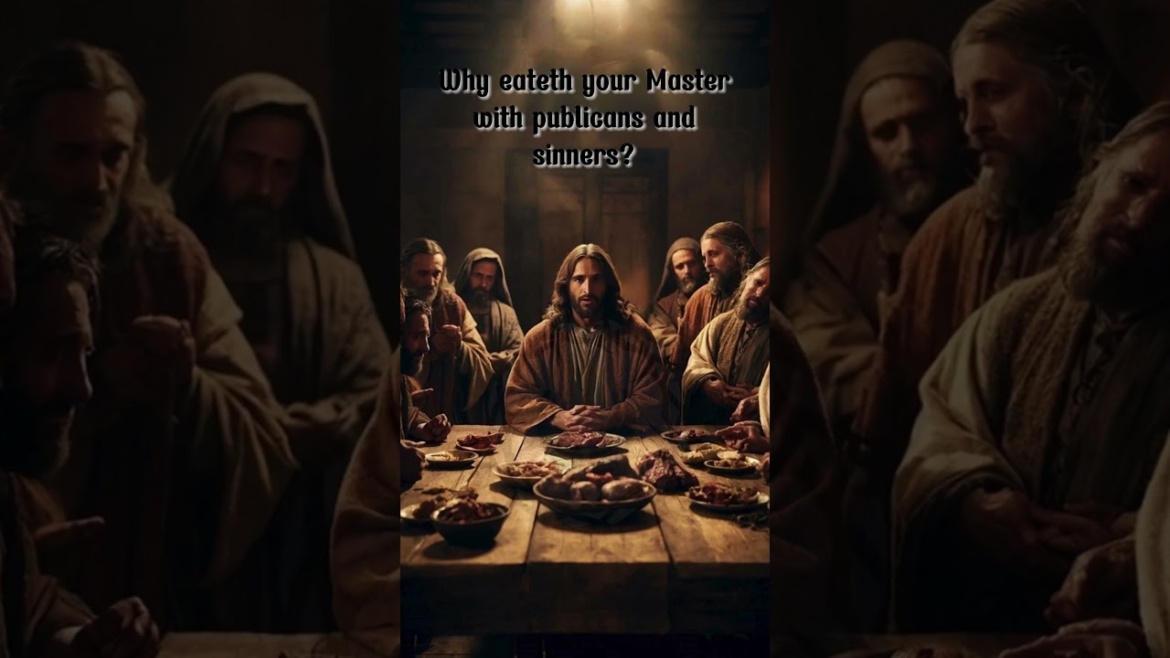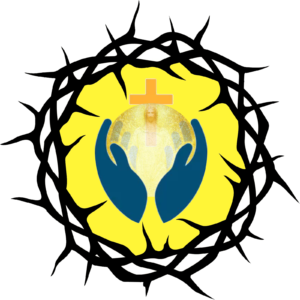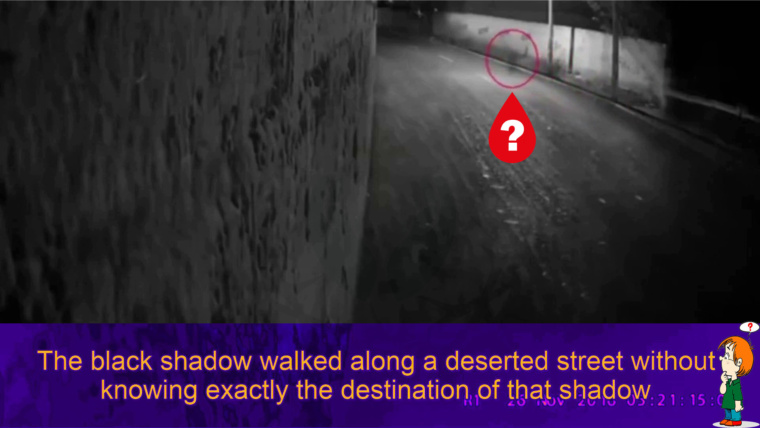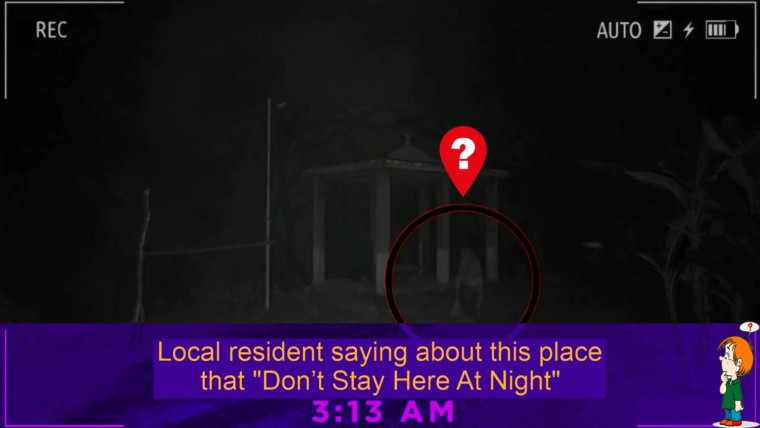The Significance of “And as Jesus passed forth from thence, he saw a man, named Matthew, sitting at the receipt of custom: and he saith unto him, Follow me. And he arose, and followed him. And it came to pass, as Jesus sat at meat in the house, behold, many publicans and sinners came and sat down with him and his disciples. And when the Pharisees saw it, they said unto his disciples, Why eateth your Master with publicans and sinners? But when Jesus heard that, he said unto them, They that be whole need not a physician, but they that are sick. But go ye and learn what that meaneth, I will have mercy, and not sacrifice: for I am not come to call the righteous, but sinners to repentance.”
The phrase “And as Jesus passed forth from thence, he saw a man, named Matthew, sitting at the receipt of custom: and he saith unto him, Follow me. And he arose, and followed him. And it came to pass, as Jesus sat at meat in the house, behold, many publicans and sinners came and sat down with him and his disciples. And when the Pharisees saw it, they said unto his disciples, Why eateth your Master with publicans and sinners? But when Jesus heard that, he said unto them, They that be whole need not a physician, but they that are sick. But go ye and learn what that meaneth, I will have mercy, and not sacrifice: for I am not come to call the righteous, but sinners to repentance.” in Matthew 9:9-13 is a more powerful reminder used by Jesus from the Message on the Heaven. It tells the story of Matthew, a tax collector, being called by Jesus to become a disciple, followed by a controversial dinner Jesus has with “publicans and sinners.”
Context of the Phrase
The reminder takes place after Jesus delivers the Sermon on the Mount, a foundational teaching in Christianity, which caused large crowds to follow him, eager for more teachings and demonstrations of God’s power in Jesus’ authority. It’s preceded by he has just returned to his hometown by boat. The people bringing the paralyzed man demonstrate their faith in Jesus’s ability to heal. In that time, palsy was a debilitating condition, often seen as a punishment for sin. Now Jesus has healed a paralyzed man, demonstrating his authority. Tax collectors were often seen as collaborators with the Roman occupiers and ostracized by Jewish society. Pharisees were a religious group known for their strict adherence to religious laws and customs. “Publicans” was another term for tax collectors, often associated with dishonesty and greed.
Significance of the Phrase
The reminder tells us that God’s love and grace extend to all, regardless of their past or social standing. It challenges us to examine our own prejudices and extend acceptance and compassion to others. It calls us to prioritize mercy and love in our interactions with others, as well as to seek personal transformation and repentance.
Here are some key points:
True grace: Jesus extends his invitation to Matthew, demonstrating that God’s love and forgiveness are available to all, regardless of their past.
True repentance: Jesus emphasizes the need for repentance and offers himself as the physician for the spiritually “sick.”
True worship: Jesus quotes Hosea 6:6, emphasizing that God desires mercy and compassion over mere sacrifices and rituals.
True mission: Jesus clarifies that his mission is to call sinners to repentance, not the already righteous.
Application of the Phrase
The reminder remains relevant today, prompting reflection on themes of inclusion, judgment, and the true meaning of faith. It’s important to note that different interpretations and applications of it exist, depending on theological perspectives and individual contexts.
Here are some key points:
Recognize our own need for God’s grace and forgiveness. Embrace God’s invitation regardless of our past or perceived flaws.
Extend and show compassion and acceptance towards others, regardless of their background and social standing.
Live a life of repentance and transformation. Practice genuine worship that focuses on love and mercy and understanding over judgmentalism.
Recognize Jesus’ message as one of hope and transformation for all. Share the message of hope and salvation with those who need it most.
In summary, the reminder highlights Jesus’ radical inclusivity and his message of hope for those considered outsiders, calling and dining with sinners offers a powerful message of inclusion, forgiveness, and the transformative power of God’s love. It challenges us to examine our own prejudices and extend compassion to those in need and embrace God’s call to love and serve all people.
THE CHILD IS INTENDED INTO ONE SUB & NINE INSIDE VOICES
« Samsara Inside Voice Of Heaven In Child Intended To Exist »
WHAT IS ⚡ HEAVEN’S REVELATION? IT IS JUST INSIDE VOICE!
« Inside Voice’s Reminder »













